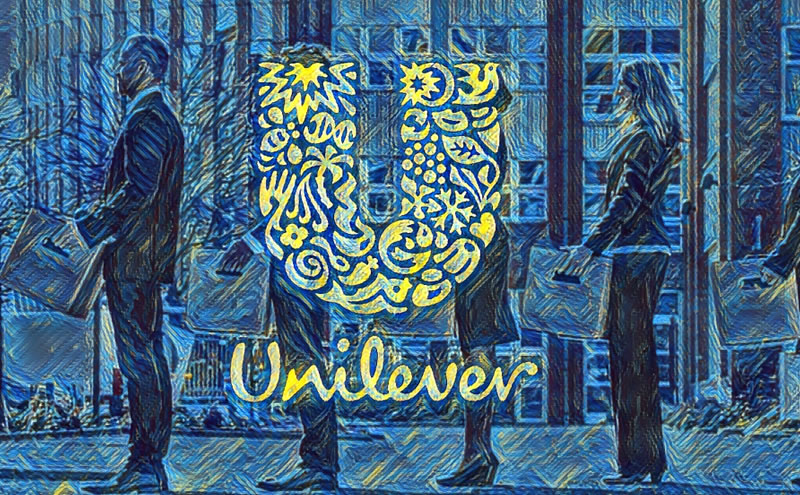Unilever, famous for its Marmite-to-Dove soap, confirmed Tuesday it is cutting about 1,500 jobs globally as part of a restructuring plan. However, it said the 5% cut in the workforce would not affect the jobs in factories. Instead, the cuts are seen as a response to shareholder demands for change.
Recently, Unilever made a 50 billion pounds bid for a division of GlaxoSmithKline, which failed woefully. This failure, described as a “near-death experience” by some investors, sparked anger from several investors demanding that the CEO, Alan Jope, step down.
Alan Jope, in a statement, reiterated that plans for reorganization and job cuts are not recent or related to the failed GSK bid. Instead, he intends to reorganize the new Unilever along five divisions. The current structure has three divisions: Beauty & Personal Care, Food & Refreshment, and, lastly, Home Care. The new structure will spin off the popular brand Ben and Jerry’s into a separate division called Ice Cream that Matt Close will head. Ben and Jerry’s will also retain its independent board, which was the agreement when Unilever bought the brand in 2000.
Unilever (NYSE: UL) wants a more significant share of the personal healthcare and hygiene market. It intends to use this area to offset the slow growth in the foods business. However, GSK said Unilever’s bid was “fundamentally undervalued.” This raised a cloud of dust among investors increasingly uneasy about Alan Jope’s leadership.
Some of his critics who want him out of a job cite its meaningless social and environmental commitments, along with the fact that he should be concentrating on running Unilever and improving it rather than taking on new challenges. To add to the drama, recently, an influential activist investor, billionaire Nelson Peltz, who runs the hedge fund, Trian Partners, built up a stake in the company and has actively advocated for change.
Many analysts believe that with all the pressure mounting on him, Jope will concentrate on the existing business rather than adding new ones, trim out excess staff, and do his best to accelerate growth. So, for now, empire-building will be out of his sights. This approach will appease several investors who felt slighted by the GSK business. After all, Unilever is one of the FTSE 100 biggest companies and among the largest dividends payers to pensioners and shareholders in the UK.
I believe there will be a renewed urgency to the restructuring business as Mr. Peltz is now on board because he has a track record of making chief executives accountable. But that depends on if Alan Jope can still restore the company's credibility in the eyes of its shareholders. Unilever's shares jumped 7.3% on Monday on news that Mr. Peltz had taken a significant stake in Unilever.
A stockbroker, analyst Susannah Streeter from Hargreaves Lansdown, noted in a statement that the announcement on Tuesday was management’s attempt to show they are serious about “getting the house in order.”
As expected, Unilever’s shares rose after the Tuesday announcement but fell shortly afterwards because “some investors are not yet convinced. They need to be convinced that the cost-cutting can make Unilver turn the corner,” Ms. Streeter said.
Therefore, I think more clarity is needed about Alan Jope's intended direction for Unilever. I would also prefer to sit back and watch how this reconstruction idea plans to unfold as affected employees will be forced to either stay out of jobs for the meantime or take on roles somewhere else.

















Rate this article